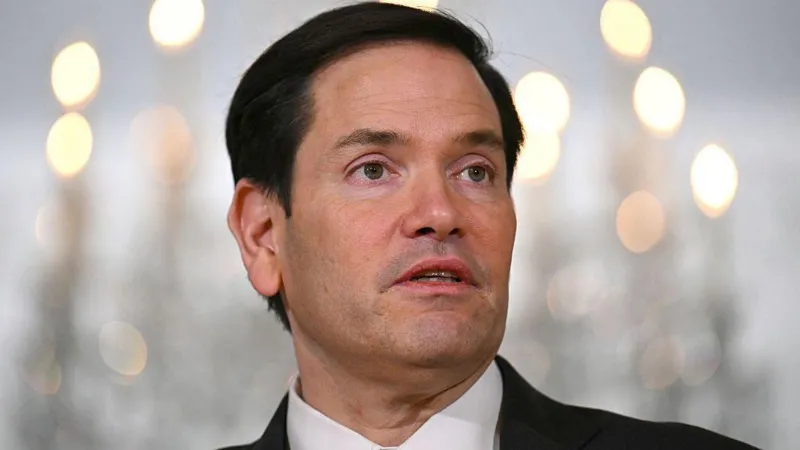The United States has announced that it will deny or revoke visas for Palestinian officials seeking to attend next month’s United Nations General Assembly (UNGA) session in New York, a move that could spark a diplomatic row as international momentum builds toward recognizing Palestinian statehood.
Secretary of State Marco Rubio defended the decision on Friday, accusing the Palestinian Authority (PA) and the Palestine Liberation Organization (PLO) of undermining peace efforts by pursuing “the unilateral recognition of a conjectural Palestinian state.” He argued that Palestinian leaders must first repudiate terrorism, including the October 7 Hamas-led attack on Israel, before being considered credible partners for peace.
The move is unusual. Under the UN Headquarters Agreement, the US, as host country, is obligated to facilitate the travel of officials from all member states and observers, regardless of Washington’s relations with their governments. Palestinian representatives at the UN mission in New York are permitted to attend meetings under this agreement, but it is unclear if the broader visa restrictions comply with international law.
The decision comes as France spearheads international efforts to recognize a Palestinian state at the UNGA session, with the UK, Canada, and Australia also indicating support. Currently, 147 of the UN’s 193 member states recognize Palestine, though its borders remain undefined amid Israel’s continued occupation of the West Bank and blockade of Gaza.
Israeli Prime Minister Benjamin Netanyahu has rejected the two-state solution, warning that recognizing Palestine would reward “Hamas’s monstrous terrorism.” Israel launched a military campaign in Gaza following the October 7 attack, which killed around 1,200 people and saw 251 taken hostage. According to the Hamas-run health ministry, more than 63,000 Palestinians have since been killed.
The Palestinian territories remain divided between Hamas, which governs Gaza, and Fatah, which controls parts of the West Bank. President Mahmoud Abbas, who heads both the PA and the PLO, represents Palestinians in international fora but has struggled to unify governance.
While recognition of Palestinian statehood at the UN may be largely symbolic, it reflects growing frustration among global powers at the stagnation of peace talks and the deepening humanitarian crisis in Gaza.

